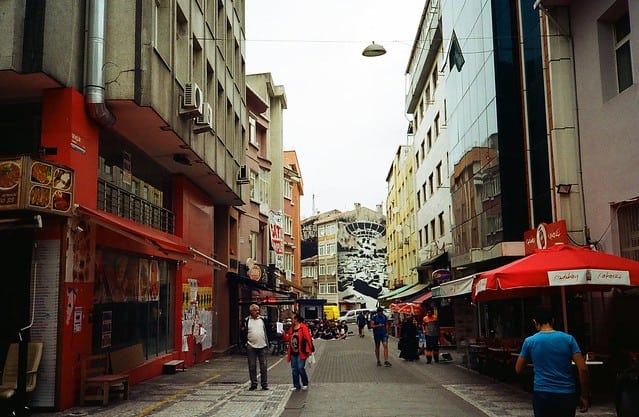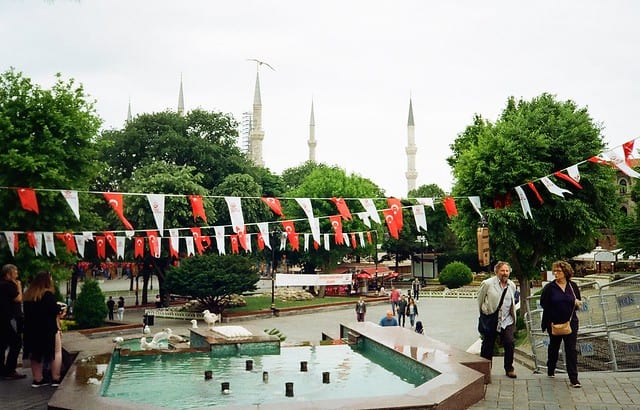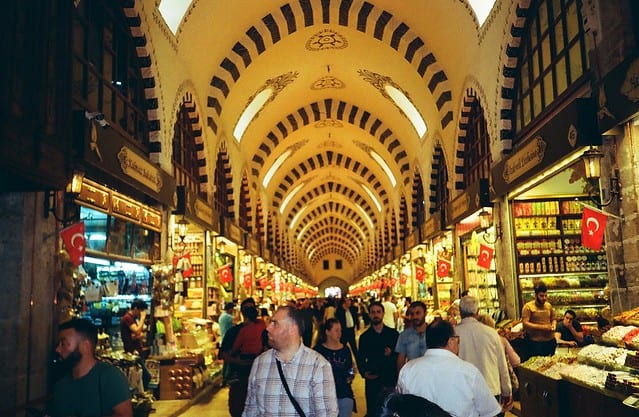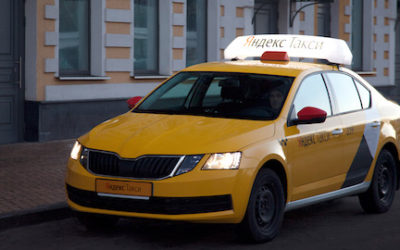The Worst Scams in Istanbul – and how to avoid them
How to stop hucksters, tricksters, and thieves from stealing your cash.
Istanbul is a city with amazing architecture, unbelievable food, and a bunch of people who want your money.
As you explore, you may encounter a few things that are too good to be true.
Maybe a price is too low, maybe someone is a little too friendly to you, but no matter how the scam is manifested, navigating through the many ways people in Istanbul try to rip you away from your money can be difficult, especially as an obvious tourist like myself.
From my own experiences and from talking to friends in the area, I’ve compiled a list of the most common scams in Istanbul.
I’ve also looked at other lists of scams and cross-referenced them with both my own experiences and friends’ experiences to show you which scams you are most likely to encounter during your time in the city.
Here are the worst and most common scams.
1. My Friend!
Here’s how it works.
Someone comes up to you and asks a question, maybe even in Turkish. This person might just seem like a friendly stranger wondering about local landmark, or they may ask you for something specific, e.g. a cigarette or a lighter. Naturally, you’ll respond, thinking you’re having a nice conversation with a local. At some point, they’ll invite you to a bar or restaurant in the area.
This is where the scam comes in.
At this bar or restaurant, you will order like normal, only to be met with an exorbitant bill at the end of your meal. Your new “friends” actually work for the restaurant, and they’ve got some pretty scary pals who will try to make you pay if you attempt to refuse.
In my experience, this is one of the most common scams in Istanbul. Over the course of my five days there, this was attempted on me maybe three or four different times. I always would have a brief conversation, then reject their offer to go back to a restaurant or bar.
Subscribe to the mailing list
Get updates from Eastern Europe and more, including guides, tips, and news!


I don’t want to discourage people from trusting strangers – some of my best travel adventures have been had by going on impulsive journeys with people I’ve just met – but if there is ever any doubt, only put yourself in situations where you are in control.
If you genuinely believe you’ve just met a kind stranger on the street, offer to take them to a restaurant or bar where you’ve been before and are aware of the prices. If they ever offer to show you another place, reject them – simply enjoy the time you have together and only go to places of your choosing.*
*Note: sometimes these scammers will take you for drinks at a bar of your choosing to get you loosened up first. Just keep rejecting their offers to go to a second location and you’ll be fine.
2. Care for a quick Shoe Shine?
As you walk through the streets of Istanbul, you might bump into someone carrying shoe shine equipment. Their gear will scatter, and as you go to pick it up, they will begin thanking you. After they have everything back together, they will offer to shine your shoes free of charge.
At least, that’s what it sounds like.
In reality, they will ask for money at the end – sometimes a considerable amount of money – even if you’ve made it clear you don’t want your shoes shined.
Luckily, avoiding this is easy. If you see a man drop shoe shining gear (a brush, polish, etc.), just walk away.
It goes against your human instincts, I understand, but he’s going to be doing this for the rest of the day whether you help him or not – there’s no way that you can prevent this scam from continuing, so you might as well just walk away. It also helps if you wear unshineable shoes!
3. Fake Tour Operators/Guides
Istanbul is home to some of the most impressive architecture in the world – which means there are almost always long lines outside of its more visually striking buildings and museums.
When you’re waiting in line, someone will approach you and explain that they offer tours that allow you to skip the line. Better yet, you might be nowhere near the line; they may simply approach you offering budget tours of a nearby building you were previously unaware of.
You know what’s happening here.
These guides a) have no idea what they’re talking about, b) will overcharge you for entrance tickets, c) will try to take you to a restaurant afterwards where they get a commission, and/or d) sell you a tour that doesn’t actually exist!
Vet your potential tour guide using any service you can. There are plenty of reputable tours in the city; read reviews and ask any local resources you can, such as the staff at your hotel.
4. Carpet Salesmen
This was never attempted on me, but from the people I’ve talked to, it’s a pretty common scam, especially for tourists who come to Istanbul to buy “traditional” Turkish goods.
Turkey is famed for their carpets, and as such, people visit from around the world to buy them. As you walk by carpet shops, salesmen will offer you “local” prices, or someone will tell you they are taking you to “the finest” carpet shop in all of Istanbul.
In reality, prices are inflated and the carpets are of inferior quality.
In a more malicious version of the scam, they will show you a high quality carpet then offer to ship it to your home; after you buy, they pack up a low quality version and send it off – if they ever send it at all.
Again, the trick here is to not simply trust the people you meet on the street. Utilize local resources to find quality carpet sellers, and if you are actually in the market for a Turkish carpet, know what to look for (quality of material, origin, dyeing process, etc.).

5. Price Scamming
This final scam can apply to all of the previous points.
When you ask for a price on an item, they might give you simply a number, let’s say “40.” Forty Turkish lira only amounts to about 6 euros, so even if the item breaks, you’re not losing a lot. But as they swipe your card, you realize that they didn’t mean lira – they meant euros.
How to avoid this? Well, paying by card is always iffy when traveling, so my advice is simply bring cash.
You can also clarify the currency beforehand, but even then it’s not a sure thing (machines may be in a language you don’t understand, they may change the currency when the machine is out of view, etc.). Cash is a negotiating tool; there’s nothing that gets a salesman more excited than the potential to receive a whole bunch of cash in hand, so opting to (safely and smartly) carry a little more cash gives you more power in your transaction.
Conclusion
There are plenty of other scams that exist in Istanbul, and crimes like pickpocketing are common. These are simply some of the basics that I have found in my travels.
This should not discourage one from visiting Istanbul. Despite these numerous scams, the city is filled with kind people, great food, entertaining music, and more. I would strongly recommend a visit!
Are there any scams I missed? Let me know in the comments below!
Keep reading
The Top 7 Cheapest (and Easiest!) Places to Learn Russian
The Top 7 Cheapest (and Easiest!) Places to Learn Russian The places where you can learn – and actually use – Russian. Russian ain’t easy. If you’re only used to speaking English, approaching a language like Russian may seem like a daunting task. It’s got weird...
The Best Uber Alternatives in Latvia
The best uber alternatives in latvia Uber isn't here yet. So what else is there? Uber hasn’t officially sunk its claws into Latvia… yet. But if you’re visiting the country, you’re probably going to be justifiably nervous about hailing a cab from the street. After all,...
Five East German Day Trips You Can Still Take Today
Five East German Day Trips you Can Still Take Today Socialist tourist hotspots that still rock in 2019. For many years, the Berlin Wall was the singular icon of East Germany. The East Germans were a people literally walled off from the rest of the world, it was...




0 Comments